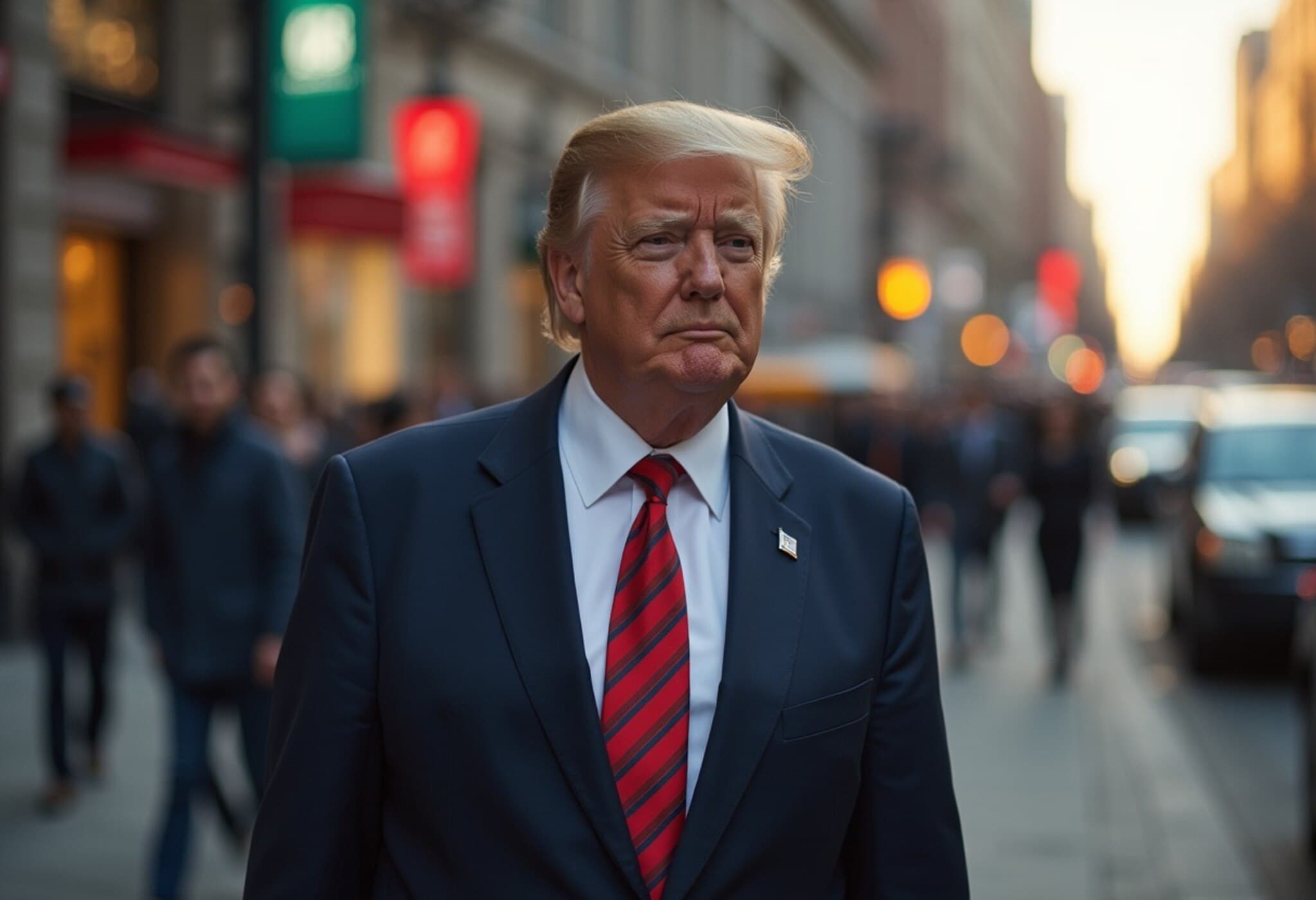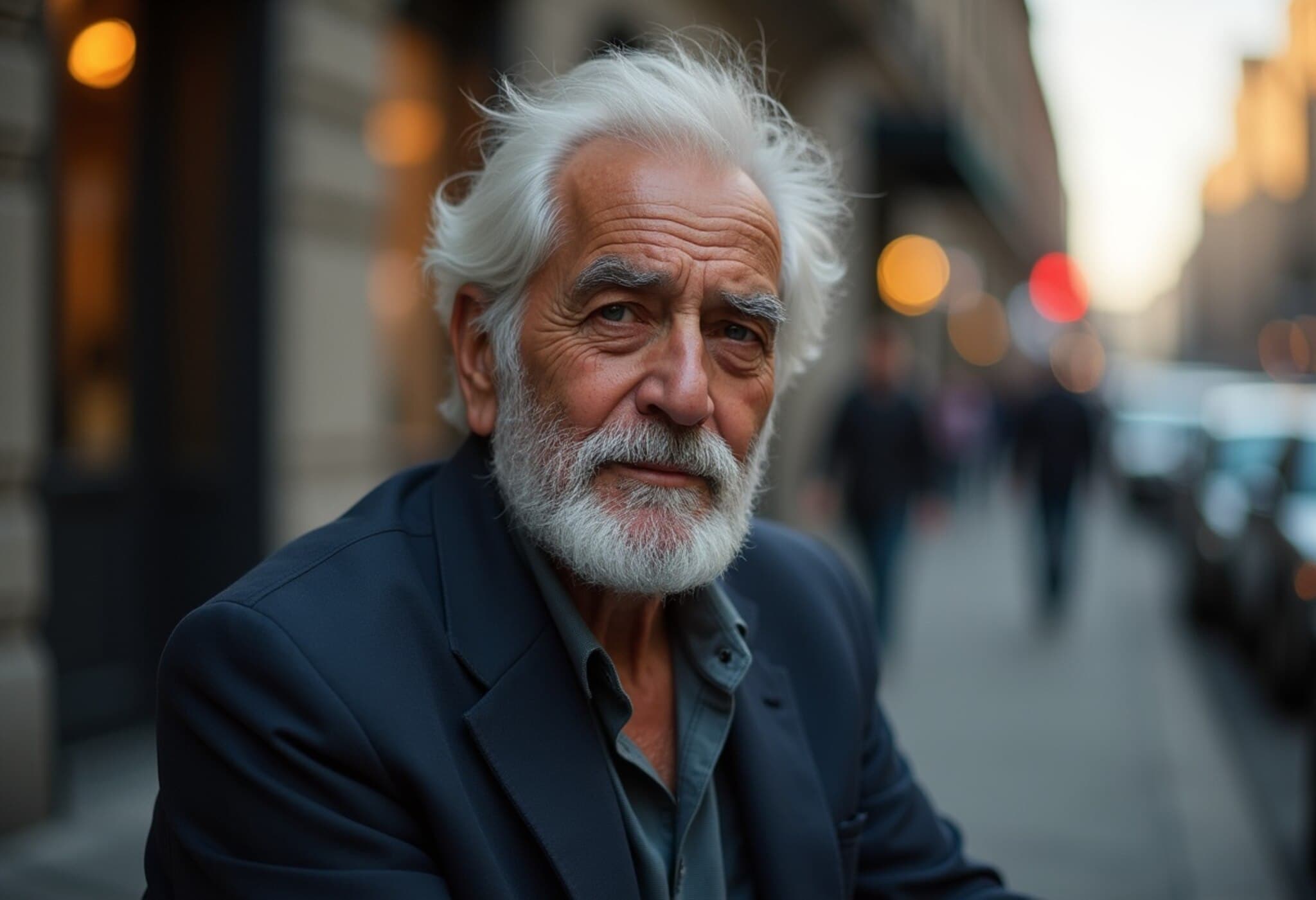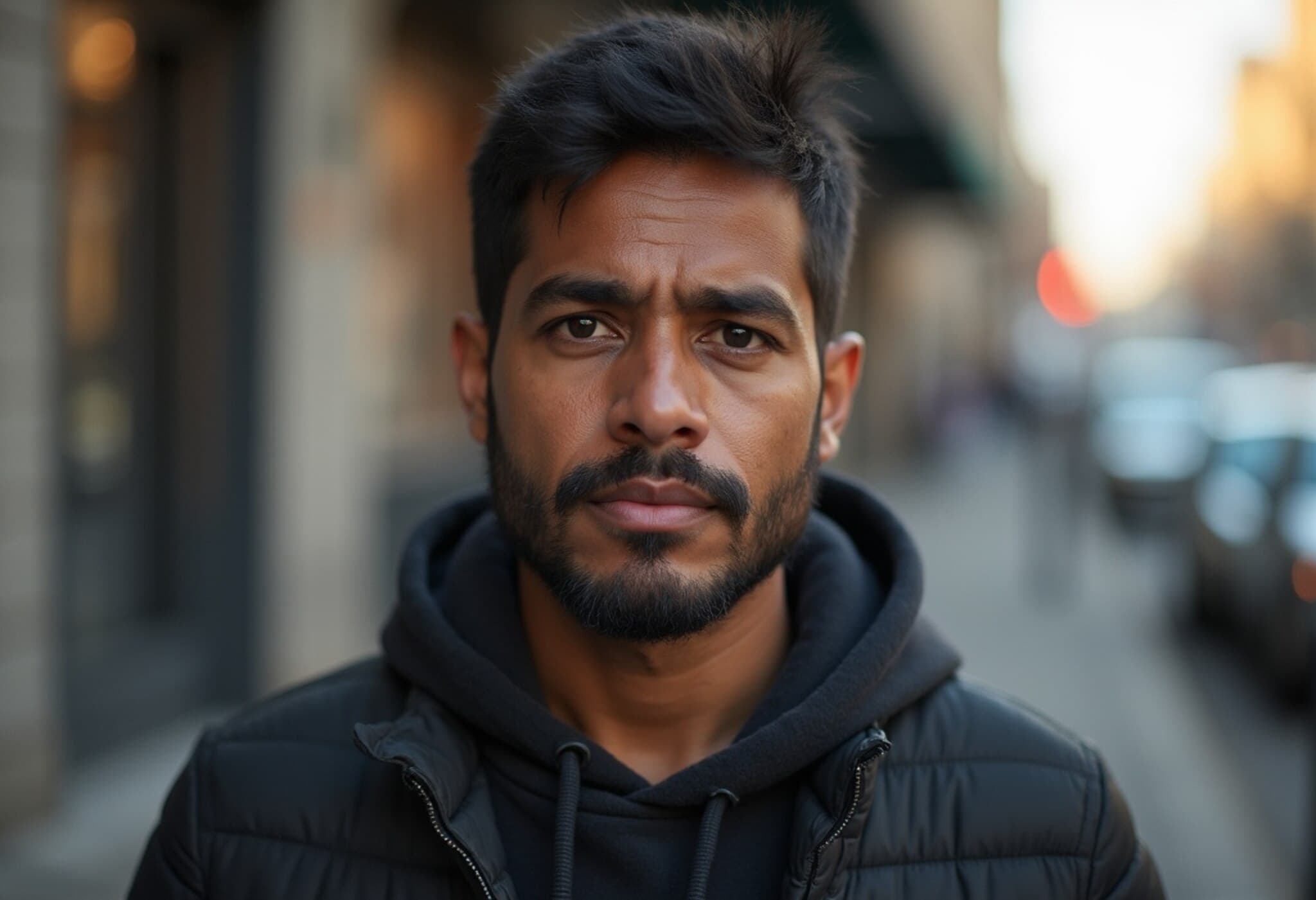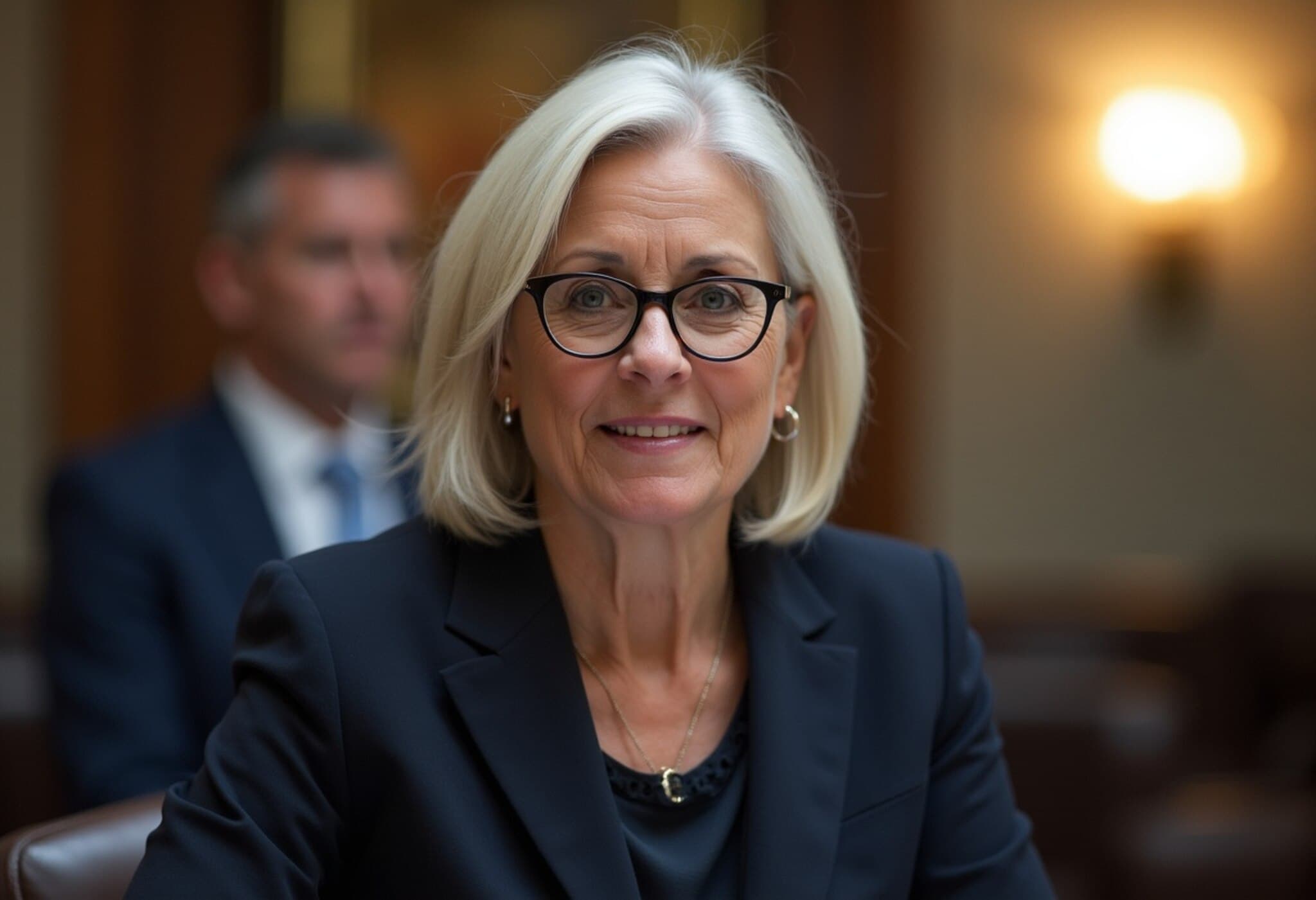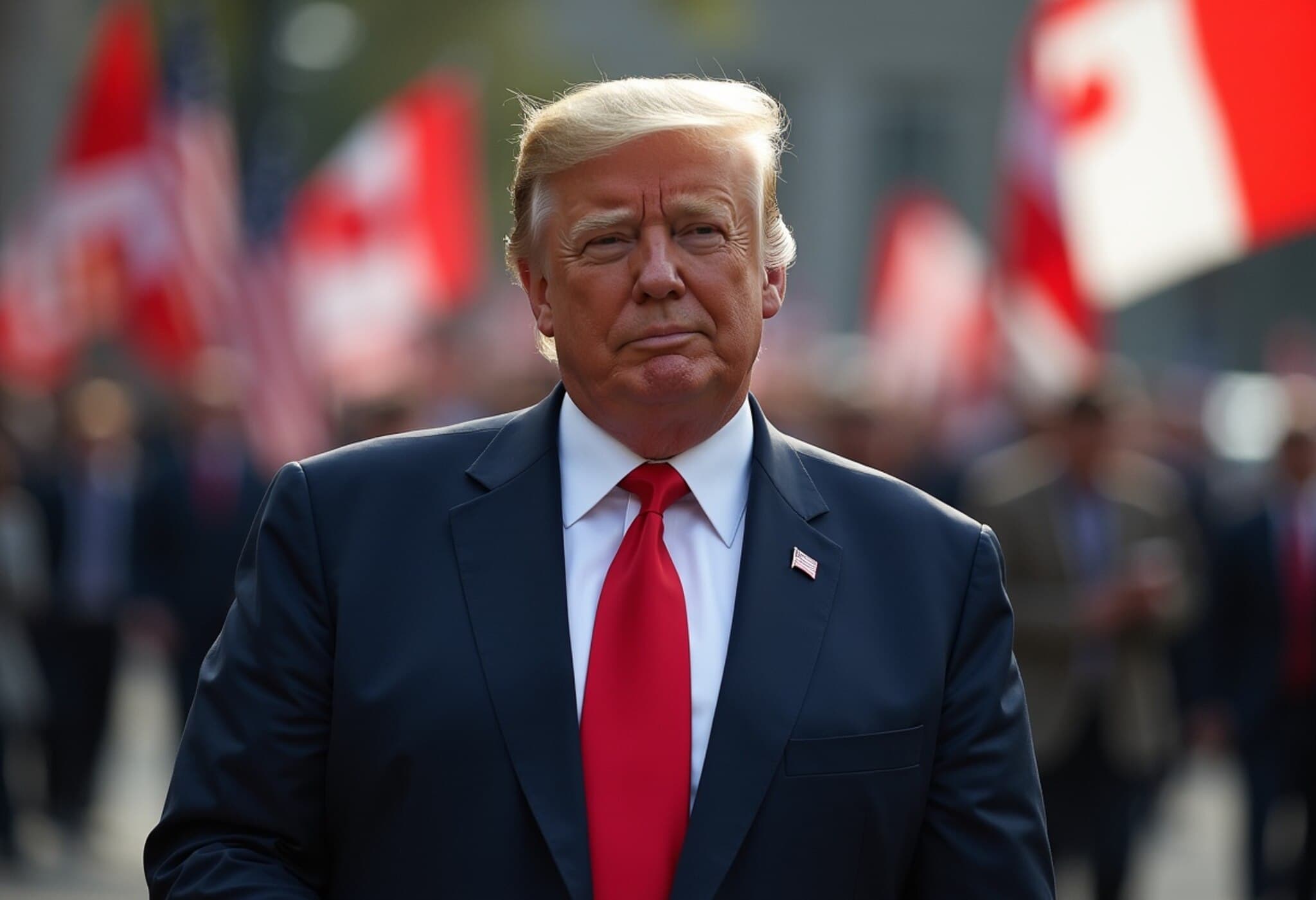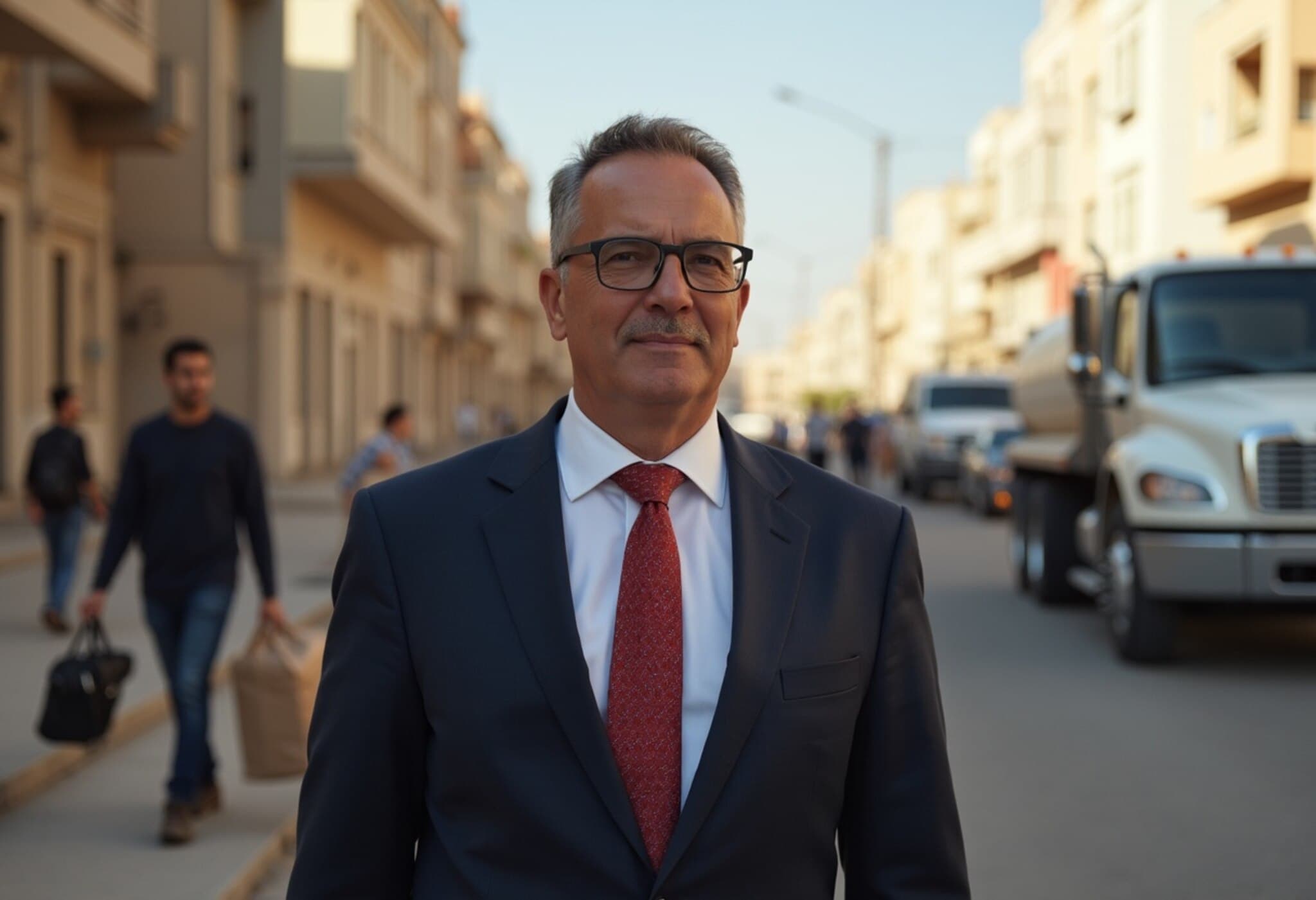Federal Judge Halts Termination of Temporary Protected Status for Central American and Nepalese Immigrants
In a significant legal development, a federal judge has stopped the Trump administration's efforts to terminate Temporary Protected Status (TPS) for approximately 60,000 immigrants from Honduras, Nicaragua, and Nepal. This landmark ruling preserves critical safeguards that allow these individuals to live and work legally in the United States amid ongoing instability in their home countries.
Understanding Temporary Protected Status and Its Importance
Temporary Protected Status is a humanitarian provision granted by the Department of Homeland Security allowing nationals from countries facing extraordinary conditions—such as natural disasters, armed conflict, or political turmoil—to remain temporarily in the United States without fear of deportation. It also permits recipients to obtain employment authorization, enabling them to contribute economically while their home countries recover.
Under the Trump administration, there has been a concerted effort to scale back TPS designations, part of a broader strategy aimed at restricting immigrant populations and increasing deportations. Homeland Security Secretary Kristi Noem announced plans to end protections for tens of thousands, citing perceived improvements in their home countries.
Judge Thompson’s Critical Assessment of the Administration’s Decision
U.S. District Judge Trina L. Thompson of San Francisco challenged the administration’s reasoning, highlighting several flaws. In her order, she emphasized the absence of an “objective review of country conditions,” pointing to persistent political violence in Honduras and the devastating impact of recent natural disasters in Nicaragua. The judge refused to set a termination date, effectively maintaining protections while the legal case unfolds, with the next court hearing slated for November 18.
Judge Thompson underscored the real-life consequences of ending TPS protection—risking job losses, health insurance, family separations, and deportations to countries with which recipients often have limited ties. Economically, losing TPS status for these groups could translate into an estimated $1.4 billion economic loss to the United States, reflecting the vital role immigrants play in the nation’s workforce and communities.
The judge’s order also addressed underlying racial and political dimensions, noting legal arguments that the Secretary’s decision was influenced by President Trump’s campaign promises and racial biases. Thompson sharply rejected the notion of immigrants as a threat, asserting that “color is neither a poison nor a crime.”
Voices from Abroad and Within the U.S.—Acknowledging the Human Impact
The ruling reverberated internationally. Honduran Foreign Minister Javier Bu Soto hailed the decision as “good news,” recognizing the migrants’ right to safety and stability while litigation continues. The Honduran government pledged ongoing consular support for its citizens residing in the U.S.
Meanwhile, the situation in Nicaragua remains dire, with hundreds of thousands fleeing political repression under President Daniel Ortega's regime. The U.N. has documented severe human rights violations employed to consolidate power, underscoring the continued need for humanitarian protections like TPS.
Broader Context: Policy Shift and Ongoing Legal Battles
The administration’s approach to immigration continues to be marked by aggressive rollbacks of protections. Besides the current TPS cases, protections have been rescinded for hundreds of thousands of Venezuelans, Haitians, Ukrainians, and others, many of whom have turned to the courts to defend their status.
Justice Department representatives defend these moves as legally authorized actions aligned with immigration policy and foreign relations priorities, emphasizing TPS is inherently a temporary status rather than a path to permanent residency.
Expert Insight: Navigating the Intersection of Immigration Policy, Human Rights, and Political Realities
This case offers a window into the complex balancing act in U.S. immigration enforcement. While sovereign nations have the right to regulate entry and residence, the humanitarian dimensions cannot be ignored, especially when deportations risk sending individuals back into unsafe conditions. The economic contributions and community ties of TPS holders also argue for cautious, empathetic policy decisions.
Moreover, the case exposes how immigration discourse can intersect with racial politics—a challenge that demands vigilance from policymakers and the judiciary to uphold principles of justice and equity.
Editor's Note
The judge’s ruling underscores a critical question facing America’s immigration future: How to reconcile the government’s enforcement prerogatives with humanitarian obligations and the lived realities of immigrants who have built lives here. TPS policies are more than administrative designations—they touch on human dignity, family unity, and economic vitality. As legal battles continue, this case serves as a compelling reminder of the stakes involved and the need for policies rooted in fairness, evidence, and empathy.
Stay informed on this evolving story and its implications for immigrants and U.S. immigration policy through our ongoing coverage.

